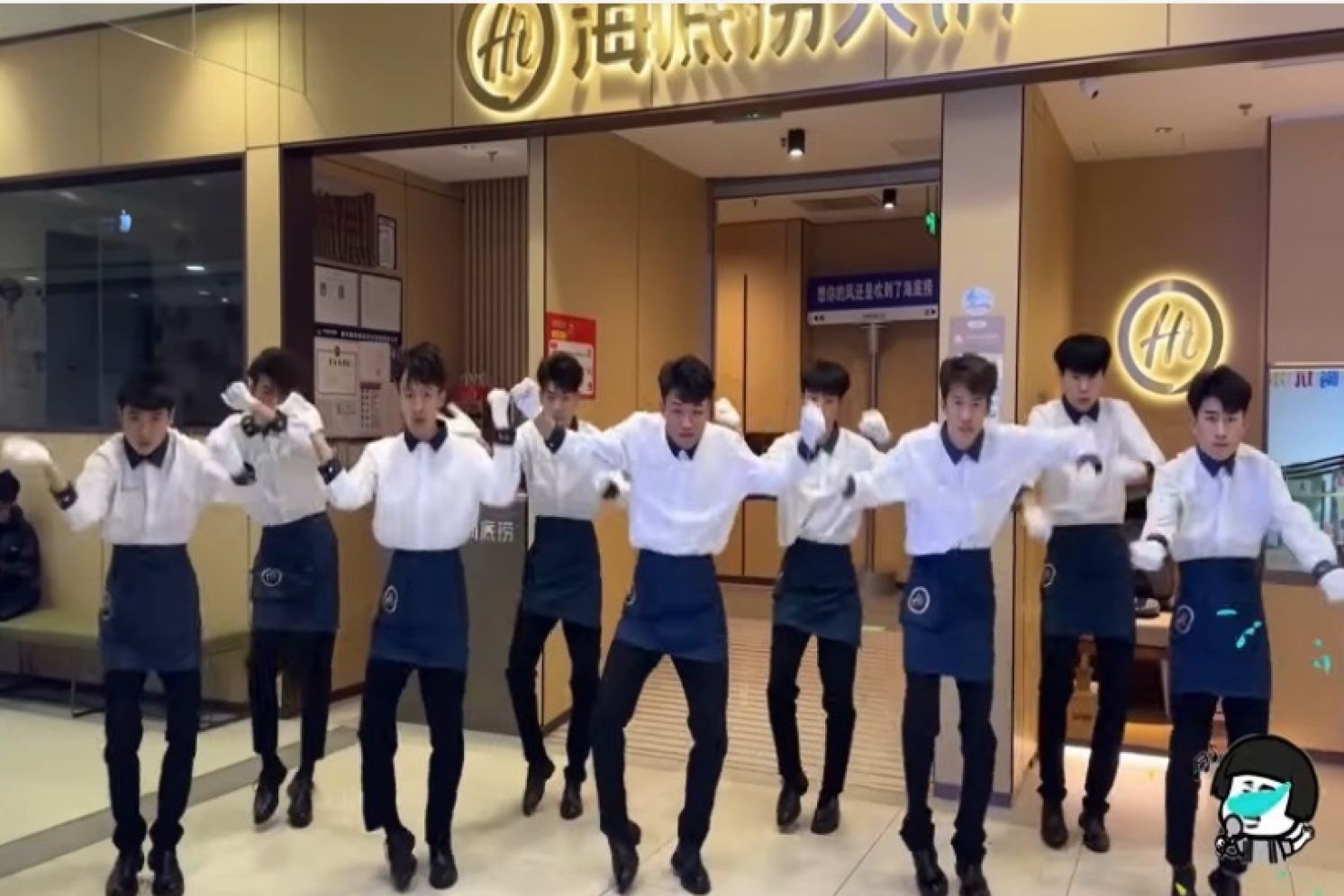
Labeling TikTok as Enemy:DPP Completely Numb About Losing Youth Vote
United Daily News, January 20, 2024
While the Democratic Progressive Party (DPP) continues its rule after this election, it now faces the challenge of being a “double minority” government in both the presidential and parliamentary arenas. This signals a shift from the past eight years when the DPP could wield considerable influence. The main reason for the DPP's less-than-stellar victory lies in the significant loss of support from the younger demographic. However, rather than proactively evaluating why it lost the backing of the younger generation, the DPP has shifted blame onto TikTok, claiming misinformation on the platform affected voters' perception. By using TikTok as its primary scapegoat, it appears the DPP is either unaware of its own shortcomings or, if aware, is choosing to bury its head in the sand.
In the lead-up to the election, the DPP played the “anti-infiltration” card, treating local leaders who traveled to China as suspects violating the Anti-Infiltration Act. Post-election, the Investigation Bureau, Ministry of Justice, hastily established a Cognitive Warfare Research Center. Director-General Wang Chun-li stated that hostile foreign forces use content farms to edit, remix, and mislead public perception through video and image misinformation, disseminating false messages about national defense, diplomacy, government policies, livelihoods, the economy, cross-strait relations, etc., to divide internal unity and influence central and local elections. Hence, the need to request platform providers to take down such content.
Mr. Wang's reference to hostile foreign forces spreading misinformation via social platforms specifically points to TikTok. In recent years, mainland Chinese social platforms like TikTok and Xiaohongshu have gained popularity in Taiwan. In 2020, after the DPP's significant defeat in the nine-in-one local elections, they blamed TikTok, conveniently overlooking the repercussions of the scandal related to alleged thesis plagiarism by former Hsinchu Mayor Lin Chih-chien. The Tsai administration once contemplated banning TikTok, but due to concerns over freedom of speech, the matter was only restricted to requesting central government agencies not to download or use the app.
Premier Chen Explicitly Blames TikTok for Jeopardizing National Security through Misinformation
This unwillingness to confront issues and the desire to find a “strawman” has reduced the DPP's election campaign to its base, with hardly any support from swing voters and young voters. However, the DPP still blames TikTok, asserting that false information circulating on the platform influenced the elections. In response, the Investigation Bureau promptly established the Cognitive Warfare Research Center.
The Investigation Bureau stated that to collectively counter cognitive warfare, it will integrate the Cross-Strait Situation Analysis Division, Domestic Security Investigation Division, and Information and Communication Security Division. These will include Cognitive Research, Data Analysis, and Response and Counteraction units. They will collect and analyze real-time reports on the influence of foreign forces affecting national security, social stability, and allied relations. The Bureau will use software to trace and investigate abnormal accounts and collaborate with social platform providers to take down such accounts.
On January 19, Premier Chen Chien-jen directly called out TikTok, stating that it has become a platform for cognitive warfare in some countries, and false information has already jeopardized national security. The government will detect potential false information on these platforms to enhance public media literacy, investigate and prosecute offenders, and handle TikTok cautiously.
Double Standards in Cognitive Warfare Investigation?
It is unlikely that Premier Chen, Director-General Wang, and Cognitive Warfare Research Center would investigate the ruling party's involvement in the election. This double standard is essentially a crackdown disguised as investigations, a blatant attempt to suppress dissent and restrict freedom of speech, a major setback for democracy.
The DPP views TikTok as a ferocious beast. Even though figures like President-Elect William Lai strived for a wider social media presence to attract young voters during this election, They deliberately excluded TikTok from their promotional efforts. However, this strategy has sparked internal disagreement within the party. Following the election, the DPP's Central Standing Committee witnessed intense debates. DPP Legislator Wang Ting-yu believes that this issue should be considered from the perspective of national security, recommending referencing practices in Europe and the United States. Taipei City Councilor Hsu Shu-hua, who lost in this legislative election, candidly expressed that managing their popularity among the youth is urgent for the DPP. She criticized the party for neglecting engagement with young people on campuses and ignoring the impact of new media and technology on them. For example, she felt there was no need to ban the popular TikTok dance “Subject 3” because prohibiting it wouldn't be effective, and the focus should be on addressing the issue.
However, Hsu’s views are not mainstream within the DPP. If the party thinks that banning (investigating) TikTok will reverse its decline in popularity among young voters, is it too naive or simply foolish?